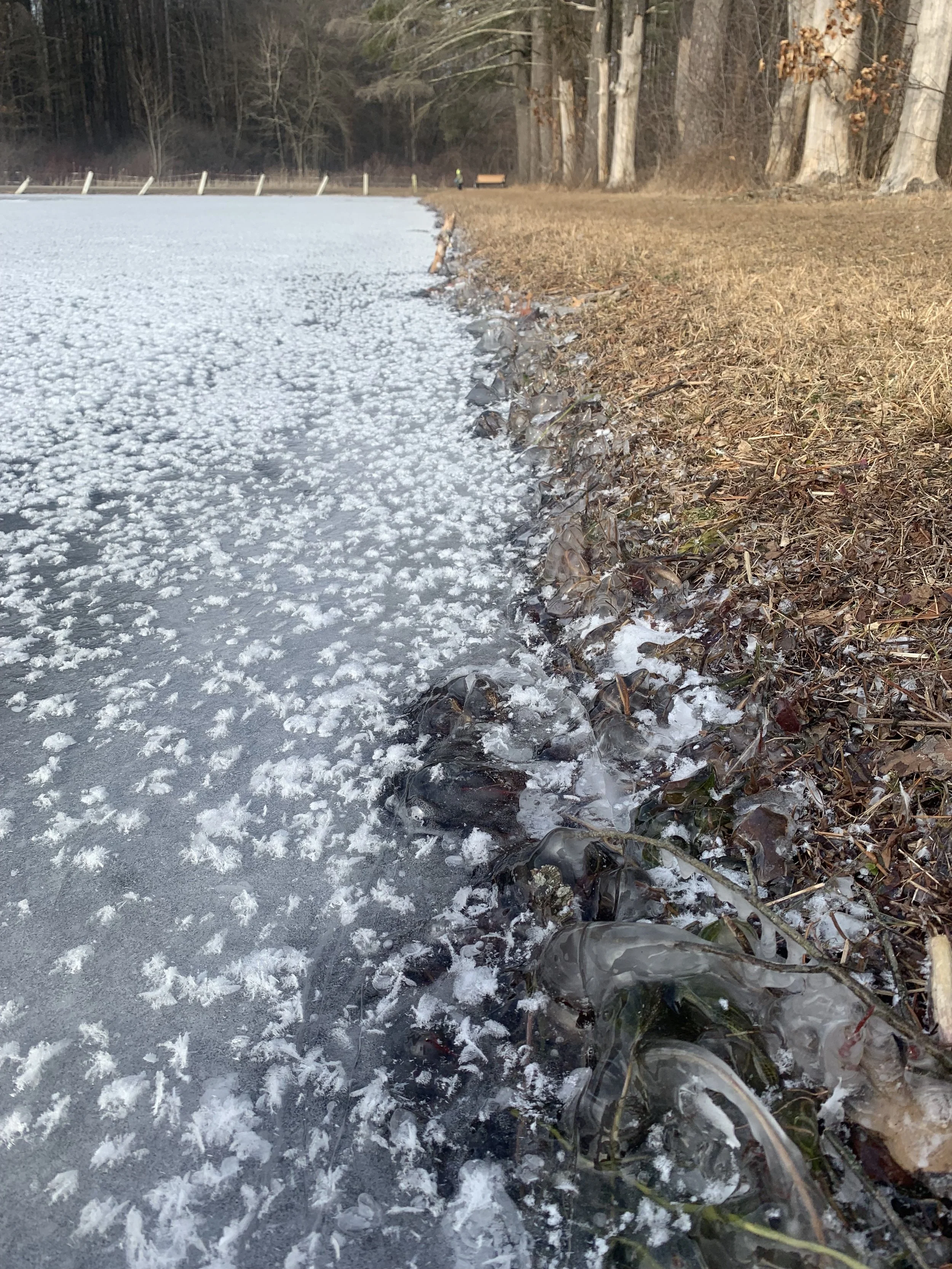
Scholarship

Oxford University Press, 2023
Part object study, part theater history, and part performance theory, this book locates in early modern English stage practices the origins of a Theater of the Anthropocene. In addition to endorsing the unpredictability of performance and allowing both non-human players and unplanned accidents to enhance the meaning of a play in the context of early globalization, the Shakespearean stage also continues to offer modern audiences strategies for confronting a rapidly changing global environment. Anthropocene Theater and the Shakespearean Stage revises the anthropocentric narrative of early globalization from the perspective of the non-human world in order to demonstrate Nature’s agency in determining ecological, economic, and colonial outcomes. It welcomes readers to reimagine theater history in broader terms, and to account for more non-human and atmospheric players in the otherwise anthropocentric history of Shakespearean performance. This book analyses plays, horticultural manuals, cosmetic recipes, Puritan polemics, and travel writing in order to demonstrate how the material practices of grafting, blackface performance, and pyrotechnics both catalyze and resist early forms of globalization in an ecological arena. Furthermore, this book addresses the role of an understudied ecological performance history in determining Shakespeare’s iconic cultural status, and models how non-human players have undermined Shakespeare’s authoritative role in colonial discourse. Finally, this book makes a celebratory argument for the humanities in the age of climate change, and invites interdisciplinary engagement from students and scholars who are compelled to find strategies for cultivating a hopeful tomorrow amidst unprecedented anthropogenic environmental changes.Anthropocene Theater and the Shakespearean Stage

Hewers of Wood and Drawers of Gall:
The Wooden Economies of Race in Titus Andronicus and Lust’s Dominion
Renaissance Drama, Vol. 48, No. 2, Fall 2020
Steffen offers further insight into the link between the theatrical construction of protoracial difference and environmental degradation by showing how the stage's physical materials for representing African Moors relied on the exploitation of European and colonial environments. Two plays in particular, Titus Andronicus and Thomas Dekker's Lust's Dominion, each written during the height of the timber crisis in Elizabethan England, depend on physical and linguistic technologies to connect the materials used to represent the black skin of African Moors onstage with their ecological and social price tags. By focusing on the imported wooden ingredients that constituted the black skinworn by the White actors who played Aaron and Eleazar--Moors who have been both reduced by critics to racist representations of dark-hearted villains and, at the same time, admired for their rhetoric and intelligence--he investigates how the materials of the stage may have mediated early modern representations and interpretations of emergent racial categories.

Grafting and Ecological Imperialism in John Fletcher’s Bonduca
Journal for Early Modern Cultural Studies, Vol. 17, No. 1, 2017
For early modern English horticultural writers, the practice of grafting was closely associated with colonial acclimatization and offered a means of either enhancement or debasement for graft and grafter alike. Drawing upon this horticultural discourse, this article investigates the John Fletcher play Bonduca (ca. 1612) and its pervasive treatment of grafting as a meditation on the horticultural practices that were considered essential to early modern English colonialism. Through imagery and gestures of grafting, Bonduca attends to the ecological repercussions of Britain's colonial history and explores the potential risks of colonial expansion. In addition, through representing the Roman exposure to several metaphorical diseases, the play registers a pathogenic understanding of disease transmission. The play's metaphorical illnesses also imagine a reversal of the effect of Old World diseases on indigenous human populations in the New World. Rather than promoting a pro-or anti-imperialist agenda, these theatrical representations of grafting convey a complex understanding of empire formation, where non-human actants play a more prominent role in determining the outcome of a political, military, and colonial struggle than human agents. But rather than exonerate colonial conquerors, Bonduca's focus on the non-human reveals an early modern understanding of colonial conquest as determined not by the inherent superiority of one group of humans over another, but by the will of the graft.
Conference Presentations
INVITED TALKS
Five College Renaissance Seminar Presentation, Umass Amherst February 16, 2023
“Sweet Marjoram of the Salad”: Abortifacients and the Shakespearean Bed Trick
SELECTED CONFERENCES & PRESENTATIONS
Modern Language Association, Philadelphia PA January 2024 “Thou Art Merops’ Son”: Shakespearean Heliotropes and Nuclear Fallout
Shakespeare Associate of America, Minneapolis MN March 2023
“Sweet marjoram of the salad”: Abortifacients and the Shakespearean Bed Trick
Shakespeare Association of America, Denver CO (Remote) April 2020 "The unkindest tied that ever any man tied”: Hemp, Tobacco, Fire, and Race on the Early Modern Stage
Association for the Study of Literature and the Environment, Davis CA June 2019 Globalizing Smoke, Hemp, and Arson on the Early Modern English Stage
Shakespeare Association of America Conference, Washington DC April 2019 “Show the heavens more just”: Shaking the Superflux and Finding Balance in King Lear
Shakespeare Association of America Conference, Los Angeles CA March 2018 “I sell thee poison”: Romeo and Juliet Weathering Resistance in Cape Town
Modern Language Association Conference, New York NY January 2018 Violent Intimacies of Race and Natural Commodities in Titus Andronicus
Shakespeare Association of America Conference, Atlanta GA April 2017 “To bear another [hew]”: Performing Race and Deforestation in Shakespeare’s Titus Andronicus
Northeast Modern Language Association Conference, Toronto ON May 2015 The Ecology of Empire in Massinger’s The City Madam
Renaissance Graduate Conference, Umass, Amherst MA October 2013 The Performance of Cannibalism in Fletcher and Massinger’s The Sea Voyage
Cruelty Conference, USC, Los Angeles CA April 2013
“Does this taste funny to you?”: Cannibalism and Capitalism on the Early Modern Stage
HONORS AND AWARDS
Empyrean Literary Magazine Fiction Contest 2023 (Third Place) September 2023
J. Leeds Barroll Dissertation Prize – Shakespeare Association of America April 2020
Charles Peters Essay Prize, Renaissance Literature April 2016
Seminar on Research Methods Spring 2013 Folger Shakespeare Library, Washington D.C.

